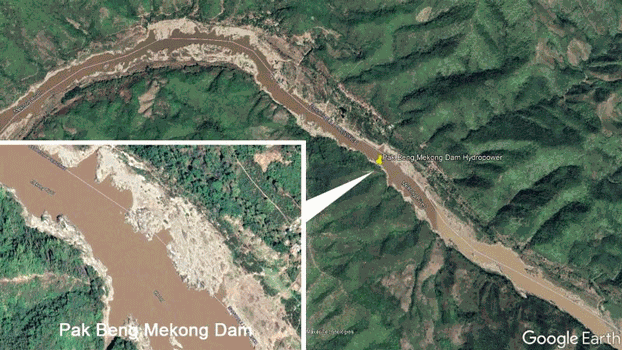Banned Hong Kong statues to find new refuge in democratic Taiwan: rights activists
A bronze statue of late Nobel peace laureate Liu Xiaobo that was removed from public display in Hong Kong amid a citywide crackdown on dissent could find a new home on the democratic island of Taiwan. The statue of a smoking, bespectacled, seated Liu, who died of late-stage liver cancer in 2017 while serving an 11-year jail term for “subversion,” was once on display in Hong Kong’s Times Square shopping plaza in Causeway Bay. It later reappeared in the Tin Hau branch of the children’s clothing chain Chickeeduck, which has been a vocal supporter of the pro-democracy movement in Hong Kong, particularly during the 2019 protests. The statue was in the keeping of the Hong Kong Alliance in Support of Democratic Patriotic Movements of China, a civil society organization that was forced to disband after being investigated under a draconian national security law imposed on Hong Kong by the ruling Chinese Communist Party (CCP) from July 1, 2020. Now, it appears Liu’s effigy may have found a new home in Taiwan, a democratic country that has never been ruled by Beijing, and whose 23 million people have no wish to lose their democratic rights and freedoms, or the rule of law. “He has no other place to go, so we will keep him permanently in Taiwan,” Tzeng Chien-yuan, who chairs Taiwan’s New School for Democracy, told RFA. “We plan to set up a museum to tell the world about human rights issues in China under CCP rule.” Tzeng said the statue will be put on public display in Taiwan in the run-up to the 33rd anniversary of the Tiananmen massacre on June 4. “We are coming at this from the perspective of universal values,” Tzeng told RFA. “Even if the vast majority of Taiwanese want independence, they still affirm Liu Xiaobo’s value, because they espouse universal values.” He said the Charter 08 document calling for sweeping political change in China that landed Liu in jail didn’t specifically mention Taiwan. But he said Liu had never subscribed to Beijing’s insistence on claiming the island as its territory, nor its threat to annex Taiwan by military force if necessary. “He said Taiwan’s future should be decided by its people,” Tzeng said. Pillar of shame statue The New School for Democracy will also play host to another banned Hong Kong monument — the “Pillar of Shame” marking the 1989 Tiananmen massacre. The statue was first unveiled at a now-banned candlelight vigil commemorating the victims at Victoria Park on June 4, 1997, weeks before the city was handed back to China, and was on display at the University of Hong Kong until last year, when it was dismantled and removed despite protests from its creator, Danish sculptor Jens Galschiøt. Tzeng says he has no fears for his personal safety. “We have our national sovereignty and our national armed forces to protect us,” he said. “We’re not worried.” “The only concern is the shipment of the exhibits out of Hong Kong, and the safety of people there who are doing that.” Taiwanese rights activist Yang Sen-hong said the image of Liu Xiaobo is anathema to the CCP, but that at least he could become a “refugee” in Taiwan. “Liu Xiaobo has to be a refugee, even in statue form,” Yang said. “Naturally, Taiwan is willing to offer his statue a place of refuge.” “Taiwan is not China, nor Hong Kong: we are a single country on our own side,” he said. Shih Yi-hsiang of the Taiwan Association for Human Rights said Taiwanese rights activists are keen to support movements against oppression around the world, including Hong Kong and China. “Taiwan is involved in other action against oppression, not just in being concerned about the situation in Hong Kong,” Shih said. “I think we have an obligation to … show solidarity, whether it’s with Ukraine, Xinjiang or Tibet.” Translated and edited by Luisetta Mudie.



